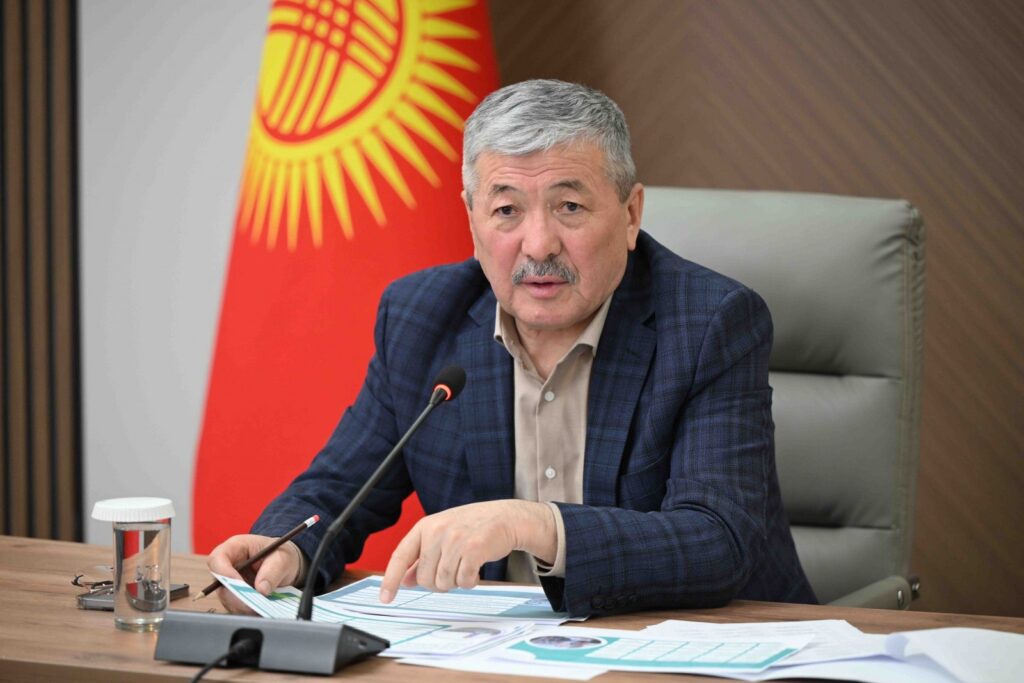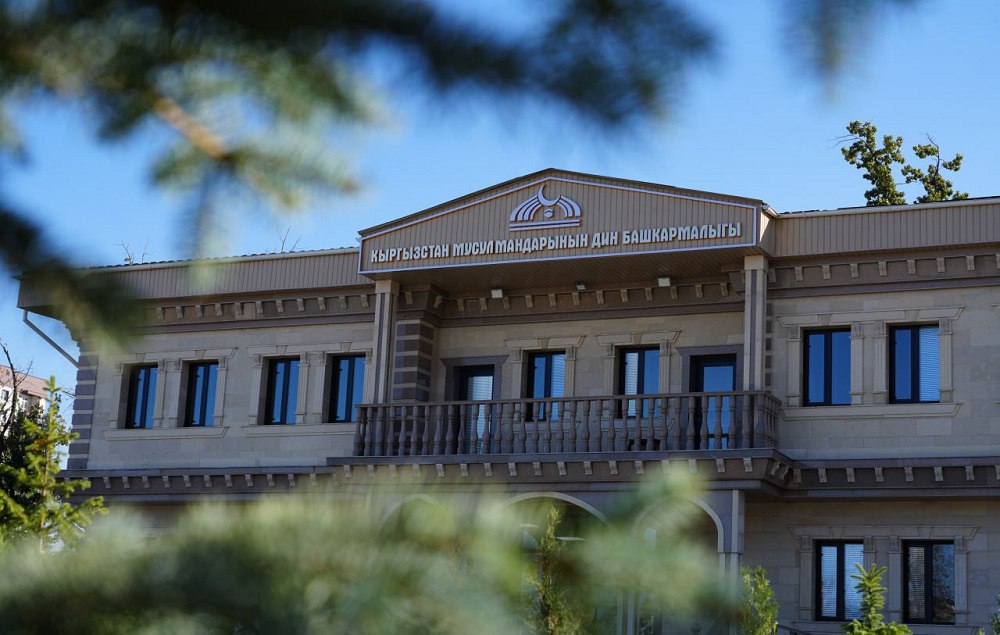BISHKEK (TCA) — In the issue relating to a network of Turkish schools in Kyrgyzstan, Bishkek has found itself between a rock and a hard place with regard to its relations with Ankara. We are republishing this article on the issue, originally published by Eurasianet:
A disagreement over a network of Kyrgyzstani schools that Turkey views as havens for state sabotage and even terrorism is fast turning into a game of chicken.
Judging by Bishkek’s latest salvo, the smaller country is reluctant to roll over, even in the face of increasingly strident demands from Ankara.
On September 11 Kyrgyzstan’s Foreign Ministry summoned Turkey’s ambassador and told him to “only reflect objective information” in his public speeches, after the diplomat had referenced the schools in a press conference the previous day.
Ambassador Cengiz Kamil Firat had told journalists eager to know the fate of the controversial Sapat schools that Turkey’s government-run Maarif Foundation would soon be taking them over. The schools had initially been built with the “money of Turkish taxpayers,” he said.
The Education Ministry responded that the schools are firmly under Kyrgyz government control and that only the schools’ founders – including “citizens of the Kyrgyz Republic” – could determine their fate.
The fees-based Sapat schools were previously known as the Sebat schools before the Kyrgyz government rebranded them, under Turkish pressure, in 2016 after a botched coup attempt in Turkey. The Sebat schools had been linked to Fethullah Gulen, an enigmatic 77-year-old U.S.-based educator and cleric whom Ankara blames for masterminding the coup attempt.
The controversy puts Bishkek in a tricky position. The Sapat schools remain among Kyrgyzstan’s best, while Turkey increasingly classifies friends and enemies according to their stance on Gulen.
Fellow Turkic state Azerbaijan, for instance, stands firmly among Ankara’s best buddies. The country had already begun clearing out Gulen-linked institutions in 2014, after the cleric’s very public split with Turkish leader Recep Tayyip Erdogan. Following the coup attempt, Baku duly finished the job. Turkmenistan, too, has cracked down on Gulen supporters in the country.
Others who joined the anti-Gulen effort late have made up for lost time.
This week, Moldova deported seven Turkish nationals who were teachers at a Gulen-linked school in the capital, according to Amnesty International. Another six Turks were deported from Kosovo earlier this year.
All of them are believed to be imprisoned now in Turkey, where tens of thousands of teachers and civil servants have been jailed over supposed Gulen links since the coup attempt.
Kyrgyzstan, meanwhile, is sitting on the fence.
When Erdogan visited Bishkek last week, his speeches were peppered with references to FETO, an acronym Ankara uses to liken the Gulenist network to a terrorist organization.
During a meeting with President Sooronbai Jeenbekov, Erdogan warned that Kyrgyzstan might also face a coup if it doesn’t act decisively. Turkey would save the country from the “shadow of FETO,” he promised.
To Bishkek, just as alarming as the school-takeover push is a reported list of 130 arch-Gulenists the Turkish delegation supposedly handed local authorities during Erdogan’s visit; Ankara is said to have demanded 13 be extradited immediately.
If correct, that report by Turkish daily Hurriyet, citing a “senior Turkish official,” would suggest Kyrgyzstan’s space for diplomatic prevarication is rapidly shrinking.
Yet bowing to Ankara’s demands also carries a political cost, especially if doing so compromises the market-leading and popular Sapat schools, where some top officials have their children.
Jeenbekov is already under fire for appearing to cozy up to the religiously conservative Erdogan during his visit, irking secular types by hailing the growing number of mosques in a country where schools are thin on the ground.
Kowtowing on either Sapat or the extradition list would inevitably be billed by the country’s vocal civil society as failing an independence test.
At any rate, giving an inch may only encourage Ankara to seek miles further down the line.
According to Firat’s predecessor as ambassador, Metin Kylych, who gave an interview to local media shortly after the 2016 coup attempt, Kyrgyzstan is home to at least 3,500 Gulen supporters.
Kylych did not say whether Kyrgyz citizens, including Sebat graduates who now work in business and government, were included in that figure.









